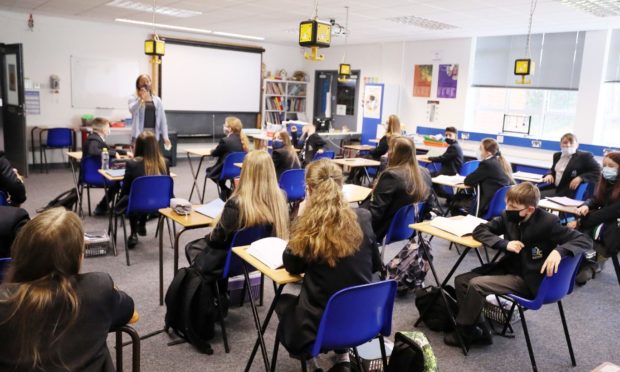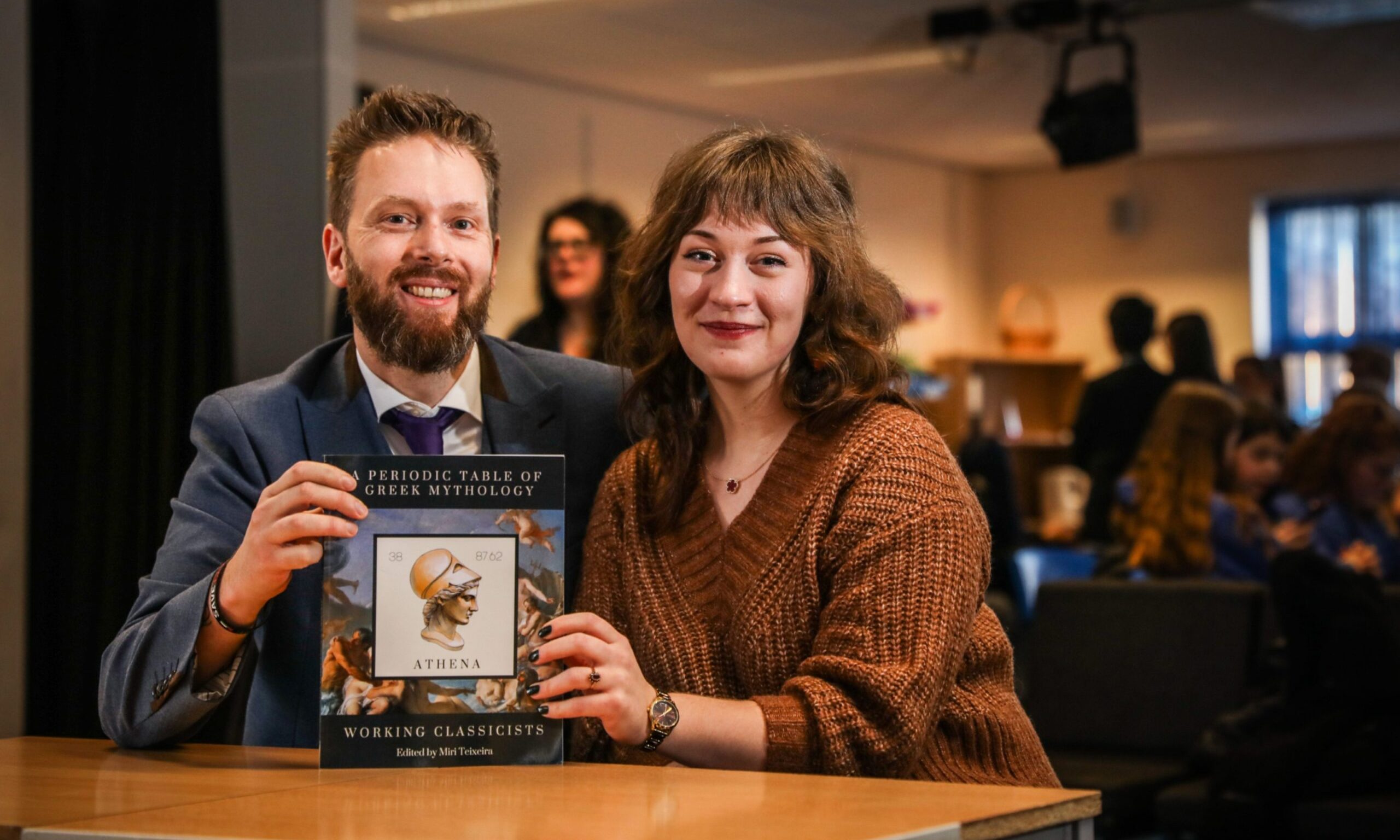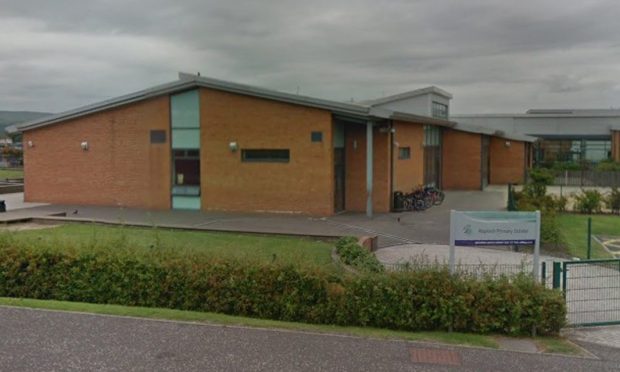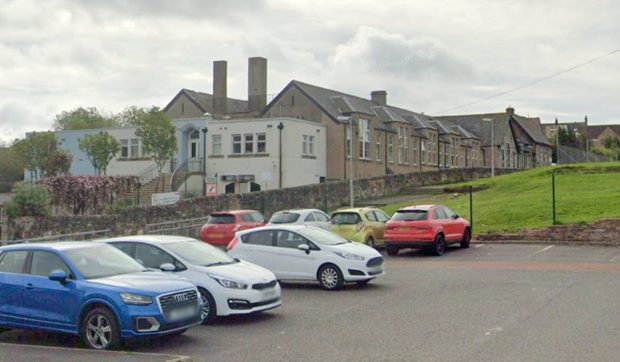Pupils in the most deprived areas of Scotland are more likely to fail Highers than achieve a grade A pass, new figures have revealed.
Scottish Government data, obtained through a freedom of information (FOI) request and published this week, show the rate of Higher passes in each SIMD decile.
The SIMD (Scottish Index of Multiple Deprivation) is used as a a tool for identifying the places where people experience disadvantage.
The FOI figures show that between 2016 and 2019, pupils in the most deprived areas (SIMD 1) were consistently more likely to get a no-award or a D grade than achieve a pass at A.
Conversely, more pupils in the least deprived areas (SIMD 10) achieved an A grade pass compared to all other deciles.
In 2019, pupils from the 10% most deprived areas in the country were more than twice as likely to fail their Higher qualifications than achieve the top grade.
The data shows that 35% of pupils in SIMD 1 were awarded a D grade or a no-award in this year, compared to just 16% who achieved an A grade pass in this year.
Pupils in the SIMD 10 decile were also twice as likely to achieve an A grade pass compared to those in the most deprived areas; with 38% awarded the top grade in 2019.
The figures also show that the percentage of pupils in SIMD 1 failing their Highers rose almost every year between 2016 and 2019.
The standard means of reporting on education attainment are grossly inadequate — and purposefully so.”
Michael Marra, candidate for MSP North East Scotland.
In 2016, 28% of those in the most deprived areas were given a no-award or a D pass. This rose to 31% the following year and in 2018, before rising again to 35% in 2019.
The percentage of pupils achieving an A-grade pass also fell from a high of 18% in 2017 to 16% in 2019.
Last year, however, saw 28% of pupils in SIMD 1 awarded an A-grade pass, compared to 14% who were given a no-award or a D.
Exams were cancelled in 2020 due to Covid-19 and grades were based on teacher estimates.
The FOI also revealed a similar pattern in the National 5 qualifications.
Every year between 2016 and 2019, pupils in SIMD 1 were more likely to get a no-award or a D than an A-grade pass.
The data also shows that the percentage of the most deprived pupils failing their national qualifications rose from 28% in 2016 to 32% in 2019.
However, similar to the Higher pass rates, last year bucked the trend and saw more pupils achieve the top grade (29%) than fail (15%).
Speaking to The Times, Michael Marra – Scottish Labour’s education spokesman – took aim at the SNP for what he described as the disguising of previous data.
He said: “The standard means of reporting on education attainment are grossly inadequate — and purposefully so.
“The SNP seeks to disguise the data and have withdrawn from authoritative studies so they can mask the lack of progress made over their 14 years in government.”
Clare Adamson, convenor of the Scottish Parliament’s education and skills committee, defended the Scottish Government’s record on education.
She said: “The SNP has taken great strides in tackling the attainment gap.
“Between 2013/4 and 2019/20, the percentage of school leavers with at least one Higher has increased from 58.1% to 63.9% and we have record numbers of pupils from the poorest background going on to college and university.
“This is due to having the highest spending per head than anywhere else in the UK and investing in projects such as the Scottish Attainment challenge, which has seen investment of more than £750million since 2015/16.
“The SNP has also taken steps to ensure every child has the opportunity to excel by pledging to provide free school meals to all pupils.
“Unlike the Tories who were forced into it in England by a Premier League footballer.”
The SNP started the job of closing the attainment gap and we want to finish it.”
SNP spokesperson
An SNP spokesperson added: “Last year saw 93.3% of school leavers in education, employment or training 3 months after leaving school, up from 87.7% in 2009/10, and a record 260,490 students enrolled at Scottish universities in 2019/20.
“On top of this, Audit Scotland found attainment and opportunity had improved overall in Scotland and there has been an increase in the types of opportunities, awards and qualifications available to children and young people, as well as an increase in the number awarded.”
“The SNP started the job of closing the attainment gap and we want to finish it. We have already pledged to give every school child a laptop or tablet, as well as free internet connection, fund free school meals for all primary pupils, and ensure free music tuition in schools.
“It is only by voting SNP that we can finish the job we started, ensure Scotland is the best place to grow up and put Scotland’s future in Scotland’s hands.”











